detail profile paata burchuladze
Peran Yang Di Mainkan Paata Burchuladze
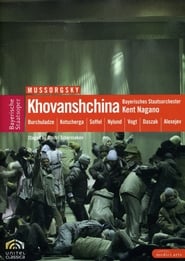 Kent Nagano superbly masters the challenges...
Kent Nagano superbly masters the challenges...Mussorgsky: Khovanshchina 2012
Kent Nagano superbly masters the challenges presented by this score, shapes the dynamics with subtle intensity, and casts the score in a mellow glow. As Marfa, the spurned lover of Ivan Khovansky‘s son Andrei, Doris Soffel unfolds such a rich palette of sonorities, from the pathos of the lower ranges to shaded discant heights, that “one is tempted to speak of a Russian mezzo”. The final chorus, which Mussorgsky did not compose, is played in the orchestrally transparent version of Igor Stravinsky – the third great Russian composer who contributed to making “Khovanshchina“ a timeless, gripping stage work. With his stripped-down sets and historicising costumes, director Dmitri Tcherniakov, one of the new voices of contemporary Russian theatre, builds a bridge to the political present. A lesson in history and music!
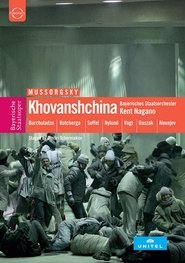 One of Modest Mussorgskys great talents...
One of Modest Mussorgskys great talents...Mussorgsky: Khovanschina 2007
One of Modest Mussorgsky's great talents was his unique ability to transpose words, psychological states, and even physical movements, into music. Kent Nagano rises magnificently to the challenges presented by this score. And Dmitri Tcherniakov's fascinating production emphasizes the timeless quality of this sombre tale of intrigue and power struggles reminiscent of a Greek tragedy, reflecting Mussorgsky's own maxim: "The past in the present - that is my task."
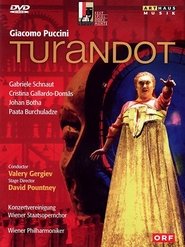 Valery Gergiev leads the Vienna Philharmonic...
Valery Gergiev leads the Vienna Philharmonic...Turandot 2002
Valery Gergiev leads the Vienna Philharmonic Orchestra in this production of Puccini's opera, recorded live at the Salzburger Festspiele in 2002. David Pountney's production features performances by Gabriele Schnaut, Paata Burchuladze, Johan Botha and Cristina Gallardo-Domas. This production uses Luciano Berio's 2001 completion of this unfinished opera.
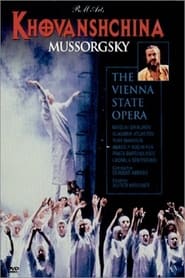 The last and arguably finest opera...
The last and arguably finest opera...Khovanshchina 1989
The last and arguably finest opera of Modest Mussorgsky is captured in one of its most powerful interpretations in this 1989 recording from the Vienna State Opera, conducted by Claudio Abbado. A moody opera that is thematically broad at times and intimately personal in others, "Khovanshchina" tells the story of the 17th-century clash between Russian conservatives and Peter the Great's reformists. Among the singers is renowned basso Nicolai Ghiaurov and Paata Burchuladze, as well as Anatoly Kocherga, Ludmila Semtchuk, and Heinz Zednik.
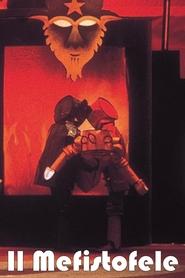 Arrigo Boitos Il Mefestefele was first...
Arrigo Boitos Il Mefestefele was first...Il Mefistofele 1989
Arrigo Boito's Il Mefestefele was first performed in 1868 and his most known work. In Ken Russell's modern interpretation presented by the Genoese Opera, it has Faust as an ageing hippy. He smokes marijuana and is tormented by his lost youth. Mephisto makes a bet with God that he can turn anyone to pagan life, even someone as innocent as Faust. From then on it is a battle of good against evil in a flamboyant, surreal display of primary colours, PVC costumes, nurses with swastikas, rocket trips, love and even characters dressed as Donald Duck and Mickey Mouse. Ken Russell said because the devil is always with us is his reason for the contemporary setting.
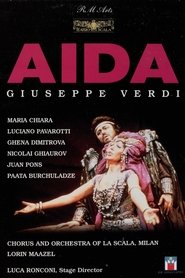 La Scala went all out for...
La Scala went all out for...Aida 1985
La Scala went all out for its 1986 production of this grandest of grand operas, with a strong cast and, most important for a video recording, a larger-than-life staging. The Triumph Scene in Act II is by no means Aida's only attraction, but it is the part that makes the strongest and most lasting impression and it is the visual and musical climax of this production. Stage director Luca Ronconi brings on a procession to dwarf all processions: looted treasures, heroic statuary, miserable captives struggling under the lash of whip-bearing slave drivers. On par with these visuals is Lorin Maazel's first-class performance of the popular Grand March with the outstanding La Scala chorus and orchestra. In Act III, the contrasting tranquility of the Nile Scene also gets a visual treatment to match the music's qualities.
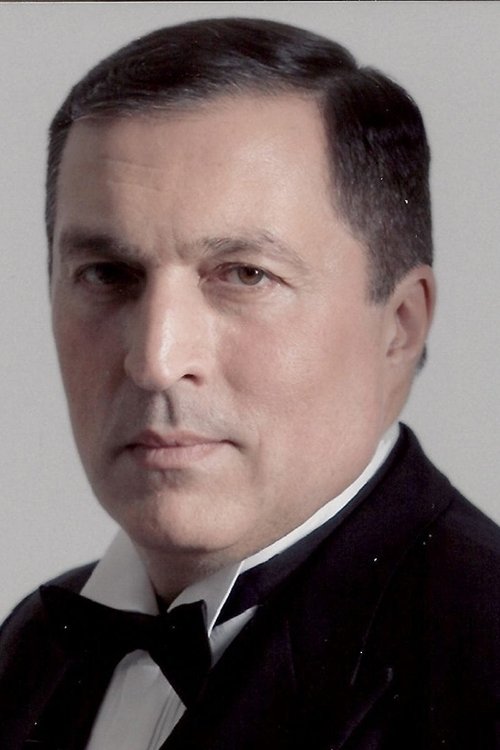

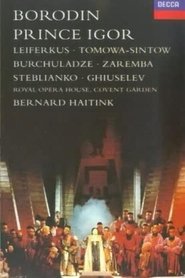 TV movie version of the famous...
TV movie version of the famous...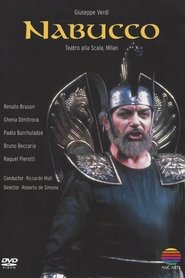 Live performance from La Scala in...
Live performance from La Scala in...